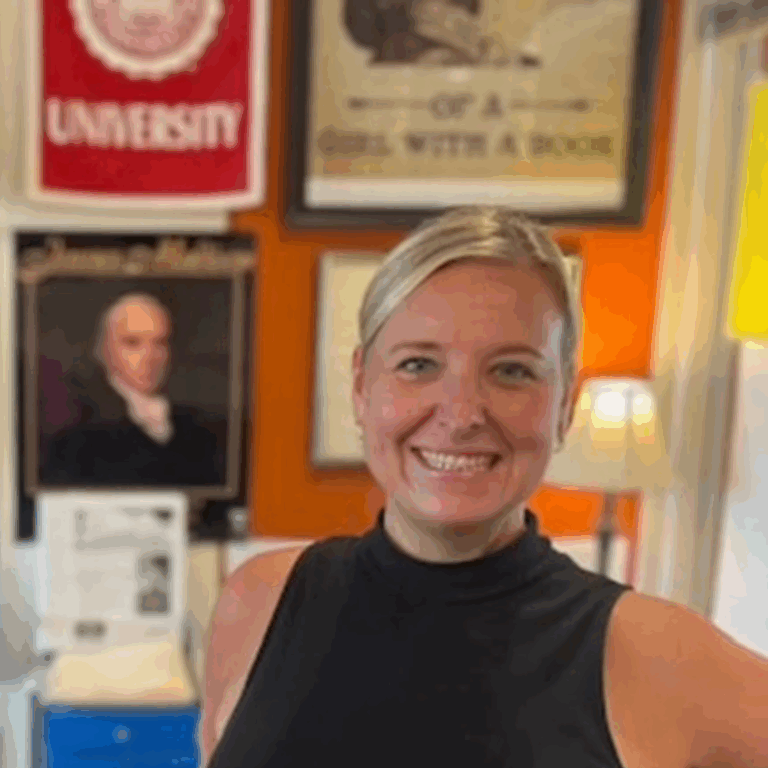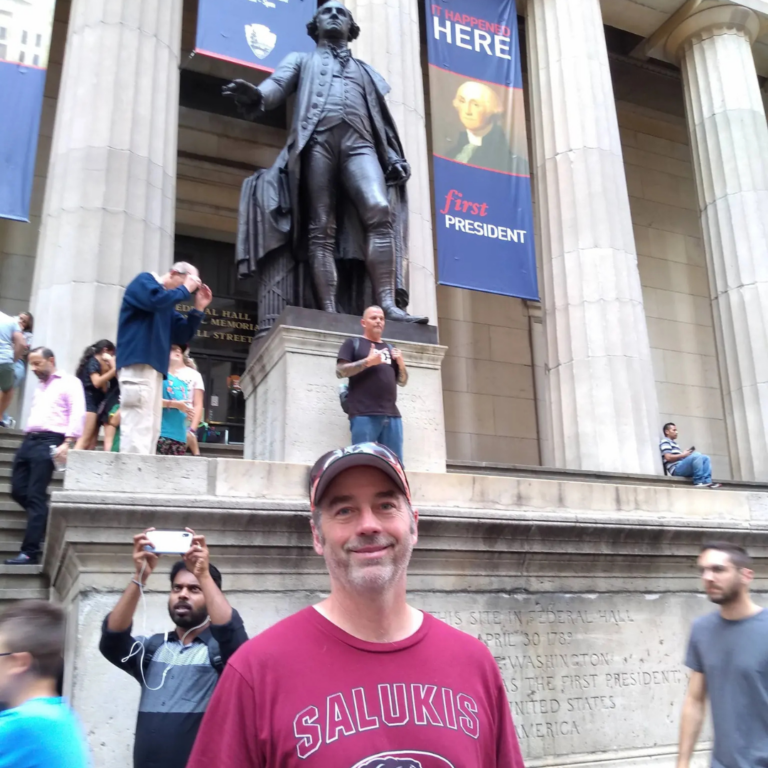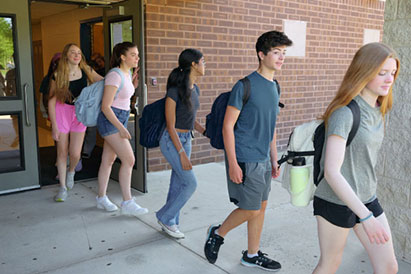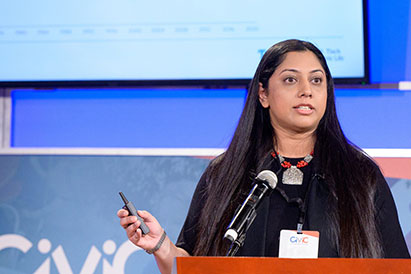On Civic Education and the iCivics Youth Fellowship
I was fortunate to get one of the best civic educations possible when it comes to the iCivics Youth Fellowship and my 8th grade “We the People” class. As a result, I know my constitutional rights and I feel very prepared to vote and otherwise engage.
But there were 200 other students in my grade level who opted out of civics, and I’m not sure a lot of my peers understand much about what is going on in government, how they are affected by it, and how they can affect it in return.
As part of the iCivics fellowship, I interviewed two groups of students—those who got the same classes I did those who did not.. The first group gave long, elaborate answers and there was open communication between the students. But when I interviewed kids who did not get this form of civic education, they gave one- or two- word answers, didn’t seem to really be familiar with the word “civics” or what it entailed, and didn’t really talk to each other. This exercise really put into perspective how even one single class can alter a person completely.
On the State of the Nation
It’s hard to imagine that there was a time when members of opposing political parties could “agree to disagree”—or even come together on certain issues. Today, it seems our elected officials are punished for working with members of another party, yet that’s the very foundation of the U.S. Constitution. As someone who is civically engaged, such actions don’t feel like serving the community—they feel antithetical to what they teach us in civics class.
When I think about what our nation could be, the word that springs to mind is “open.” Open to differences of opinion—not always having to be right. More open to listening to each other, and not always yelling.
On iCivics
With iCivics, it’s not just about supporting a program or a website. but actively supporting the next generation of this country. What iCivics does is amazing: it helps young people find the answers to questions they’re too afraid to ask. If “the next generation will “fix it,” then we need tools, knowledge, and support systems. We need the space to meet up a few times before figuring it all out and supporting programs that provide just this—a space to try, and mess up, and try again, and succeed—it fosters a true interest in our country.It’s about supporting an entire generation that can finally find its voice, and that will want to create a better world for all.





